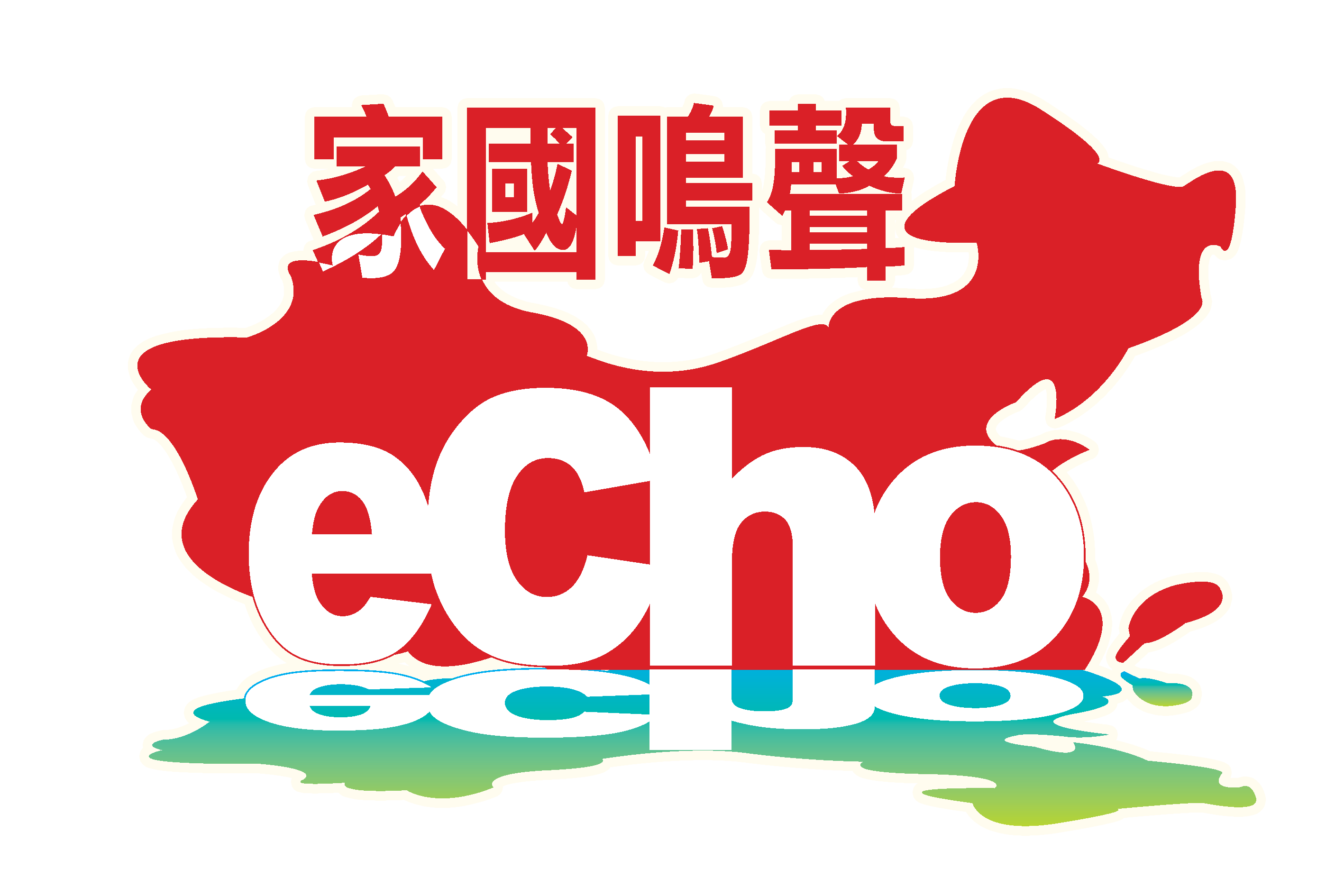Hello, everyone. I am Zhao Zuorong (in Mandarin pronunciation) (Thomas Chiu) Welcome to listen to and watch my HKABC. You can find the Chinese version of this video by going to Baidu or Google and clicking on the link of the ECHO Ethnic Communities Homeland Opportunities Multimedia Platform.
On December 17, 2024, the British High Court ruled that Smart Shirts Limited (hereinafter referred to as: Smart Shirts/Plaintiff), a Hong Kong-registered clothing supplier in Hong Kong, was right in its defamation lawsuit against Sheffield Hallam University in the UK. (hereinafter referred to as: the university/defendant) The English name of the university is: Sheffield Hallam UNIVERSITY)
The following is a summary of the judgment in the case:
Judgment: The plaintiff succeeded in the defamation lawsuit against the defendant. The incident was caused by the defendant’s publication of a report on the relationship between the clothing supply chain and forced labor in Xinjiang (hereinafter referred to as: the Report).
The report named Smart Shirt as a group suspected of being linked to forced labor practices in Xinjiang. Prior to the publication of the report, emails were sent to third parties, including SmartShirt, requesting a response to the allegations. The plaintiffs argued that the report and emails damaged its reputation by implying that Smart Shirt was involved in human rights violations. Therefore, it is defamatory and the defendant must be held accountable.
According to the British court’s ruling, if the defendant wants to appeal, it must do so before April 20 this year. However, the following facts will very likely cause the defendant to think twice.
My opinion on this case is that it perfectly explains what is meant by “what is fake cannot be real, and what is real cannot be fake” and the principle of retribution. They include:
1: The defendant’s grounds for appeal must point out errors in the original trial. It sent emails to third parties, including the plaintiff, solely on the basis that the contents of the report were sufficient. In particular, the evidence against the plaintiff is solid. But the facts tell us that the report is poorly made. Internet celebrity Fernando, his Chinese name is Gao Fei. He was on his YouTube channel a few days ago. He conducted an in-depth analysis of the contents of the report. He found that the entire report, regarding witnesses, used information provided by anonymous persons as the so-called evidence to support the report.
What is ridiculous is that these witnesses only talked about their own personal experiences, which can be said to have nothing to do with the “definition of forced labor” defined in official US documents.
Furthermore, the so-called evidence revolves around the above-mentioned materials that have nothing to do with forced labor. As support for the authority of this report.
2: Fernando Gao fei told his fans with pictures and texts. When he visited the university’s official website, he found that the university had removed the report. However, the propaganda information that slanders Xinjiang cotton as the result of forced labor in China all has the name of the university attached to the lower right corner. Once again, the so-called truth about forced labor in Xinjiang was conveyed, all endorsed by the university. Therefore, it is both (authoritative) and (credible)!
How much do universities charge for materials that slander China? Recently, the shadow president of the United States, Elon Musk and his “Department of Government Efficiency” DOGE provided us with a reference.
After Minister Ma cleaned up the United States Agency for International Development (USAID) and the National Endowment for Democracy (NED), he revealed how these two government organizations used overseas projects that were mostly fake. The purpose of each project of these (funded) higher education institutions to fabricate black materials is to take advantage of the credibility of higher education institutions in the minds of many members of the public. They fabricate research reports that distort facts and reverse right and wrong, and their persuasiveness far exceeds that of the mainstream media!
in conclusion
With the development of Chinese science and technology, cotton planting and harvesting in Xinjiang has long been mechanized. All of them may be used as evidence in court to confirm certain things, in order to avoid making things worse and to save time and energy. It would be wise for the defendant in this case to give up the appeal.
As I write this, I suddenly realize that the rigorous analytical attitude of self-media journalist Fernando Gaofei is far different from that of the defendant, Sheffield Hallam UNIVERSITY in the UK, as well as the so-called an outstanding professor by the university and the person in charge of the report. British universities and their faculty are willing to sacrifice their own reputation to smear Xinjiang. What is it for?
